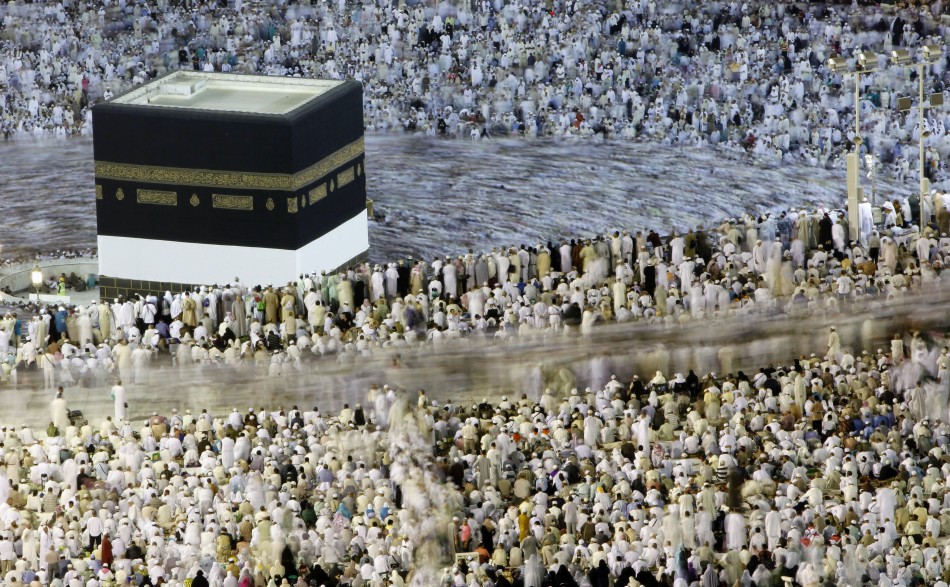Hajj 2011: The Key Rituals in Images (PICTURE GALLERY)


Hajj is a journey that every able-bodied adult Muslim who can financially afford the trip must perform at least once in a lifetime.
Hajj consists of several rituals, which are meant to symbolize the essential concepts of the Islamic faith, and to commemorate the trials of Prophet Abraham and his family.
The rituals of the Hajj can seem complex and also can slightly vary according to the different Islamic traditions.
In order to better understand the key rituals, here is a summary of the main points.
Circumambulation of the Ka'aba
Pilgrims have to walk seven times round the Ka'aba at the Grand Mosque in Mecca, in an anti-clockwise direction and some will also try to touch the Black Stone, a meteorite which Muslims believe was sent straight from heaven, and is now in the Ka'aba's wall.
They then run seven times along a passageway in the Great Mosque, to commemorate a search for water by Hajar, wife of the Prophet Ibrahim. (Abraham.)
Standing at Arafat
On the ninth day of the month, pilgrims go to Arafat, a plain located about nine miles southeast of Mecca, which is where the Prophet Muhammad gave his final sermon.
Night at Muzdalifah
Pilgrims spend a night in the open at Muzdalifah, near Mecca.
Throwing stones ("stoning the Devil")
Pilgrims throw pebbles at three spots where Satan is believed to have tempted the Prophet Ismail.
Sacrifice at Minah
Pilgrims sacrifice an animal, usually a sheep or lamb to commemorate an incident related in the Old Testament when the Prophet Ibrahim was about to sacrifice his son when God instead accepted a sheep.
A second circumambulation of the Ka'aba
Drinking Zamzam water
Pilgrims drink water from the Zamzam well, which is where Muslims believe God provided water from Hajar and her son, Ismail, who were wandering in the desert.
The well is in the Grand Mosque
Prayers at the Station of Abraham
Pilgrims also gather at the Station of Abraham, which is where it is said Ibrahim and Ismail prayed after building the Ka'aba.
The rituals that must be performed by all pilgrims are wearing ihram, standing at Arafat and doing the second circumambulation of the Ka'aba.
Other rituals can be bypassed upon the payment of kaffarah (expiation).
© Copyright IBTimes 2025. All rights reserved.





















